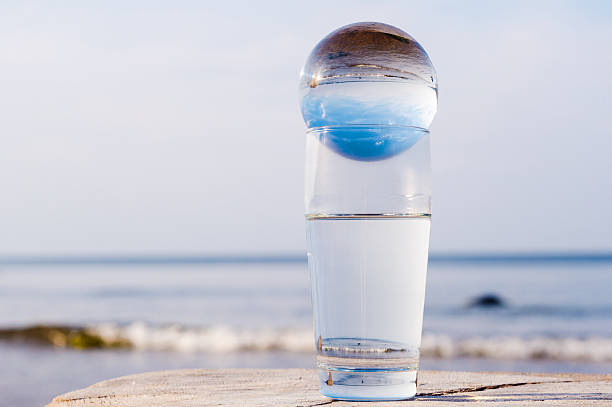 Why do you buy a water purifier more expensive than others, and the effect is not good? The reason is actually so!
Why do you buy a water purifier more expensive than others, and the effect is not good? The reason is actually so!
Sep .24.2024
Today's article is very suitable for users who are now in the renovation and want to buy a water purifier to read, the content is a little dry, but it is very real, Susan hope that you can choose a water purifier that suits you.
In the pursuit of healthy life today, water purifier has become a necessity for many families. However, many people in the purchase of water purifiers have found a confusing phenomenon: they buy water purifiers more expensive than others, but the effect is not satisfactory. Why is this?
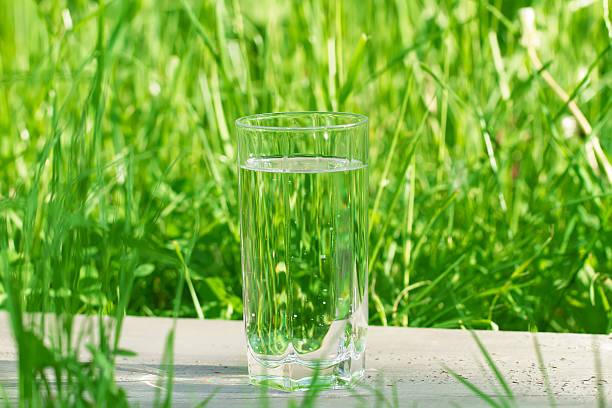 Is a water purifier an IQ tax or a health guard?
Is a water purifier an IQ tax or a health guard?
Sep .20.2024
In daily life, there has been a constant controversy about water purifiers. Some people say that buying a water purifier is paying an IQ tax, or even that water purifiers are a scam. So, what is the truth? Today, Susan will delve into the truth about water purifiers with you.
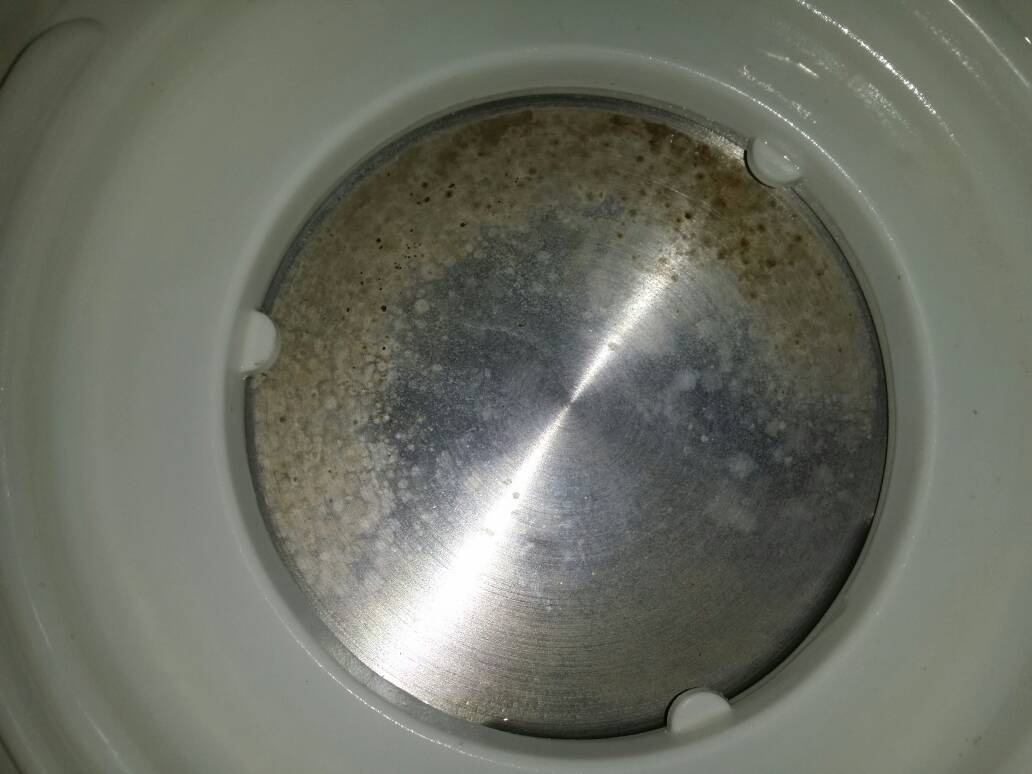
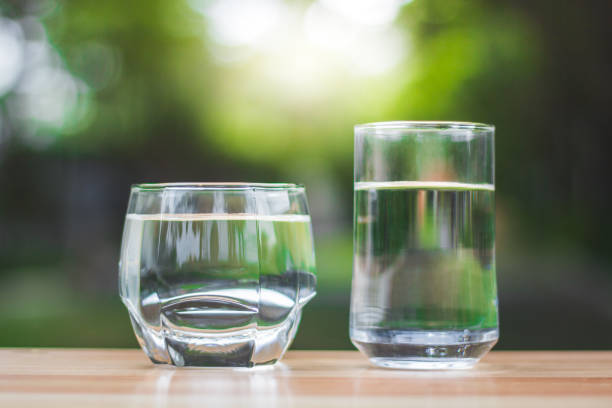 Do you know the difference between ultrafiltration membrane and ro reverse osmosis membrane? And How to choose them?
Do you know the difference between ultrafiltration membrane and ro reverse osmosis membrane? And How to choose them?
 Why do you buy a water purifier more expensive than others, and the effect is not good? The reason is actually so!
Why do you buy a water purifier more expensive than others, and the effect is not good? The reason is actually so!
 Is a water purifier an IQ tax or a health guard?
Is a water purifier an IQ tax or a health guard?
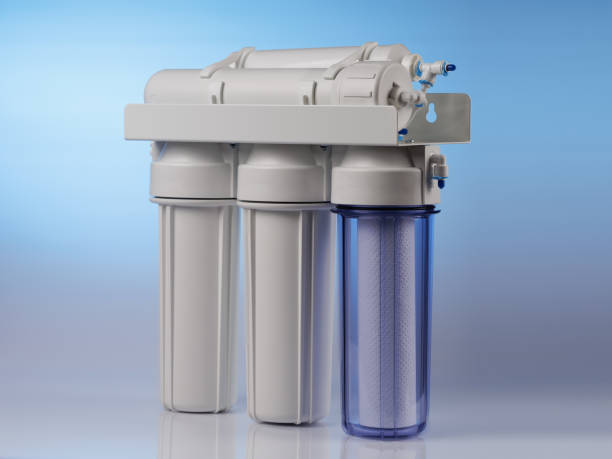 If you are planning to buy a water purifier, then please pay attention to these points!!!!
If you are planning to buy a water purifier, then please pay attention to these points!!!!